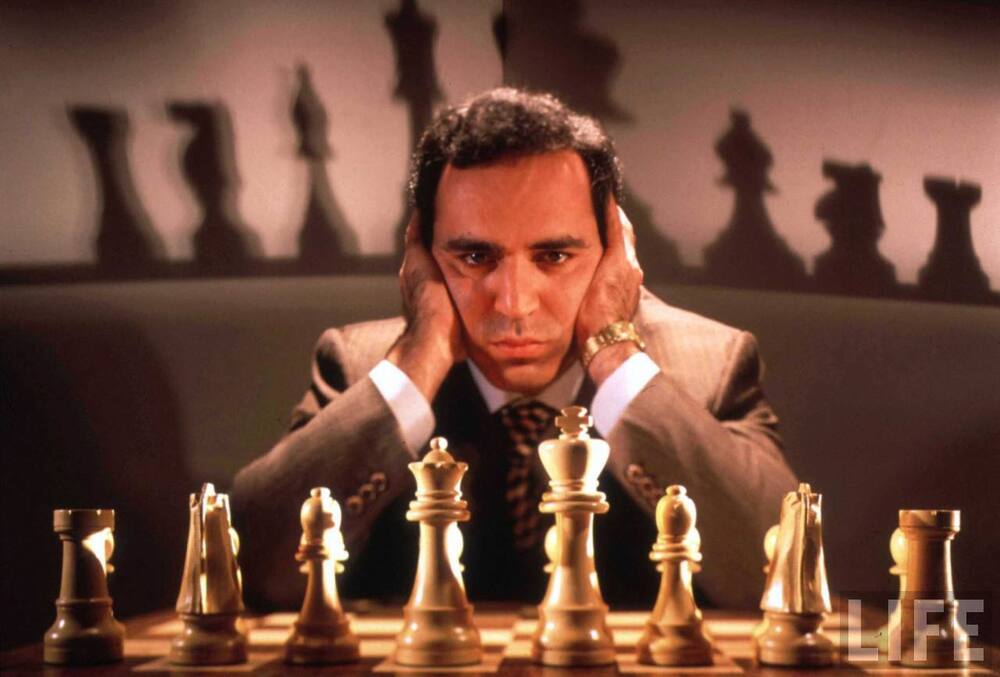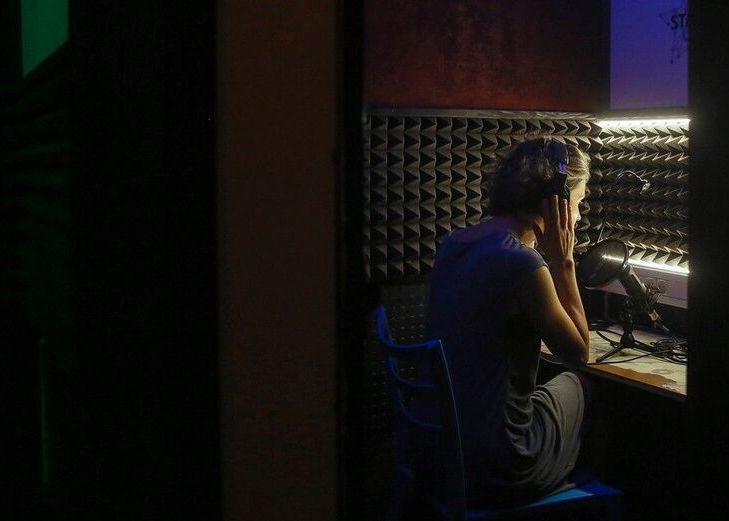BeingAI is creating virtual beings with artificial intelligence. And its first AI being is a virtual character named Zbee.
Zbee can exist on different platforms and so can interact with people anytime, anywhere, to bring humanness and gamification into digital experiences. Zbee will come with an engaging personality and personal stories. They will offer friendship, entertainment, and mentorship, just like in the movie Her.
The Hong Kong-based BeingAI is the brainchild of founders Jeanne Lim (CEO), Lee Chapman (president), and Amit Kumar Pandey (chief technology officer). Zbee can autonomously interact with people in real time across devices and media platforms, as part of an engaging narrative experience. Most importantly, Zbee has human-defined values that steer toward positive behavior.









